COVID-19 has turned the world upside down, and despite daily briefings, we continue to learn new information about the novel coronavirus. As a pet owner, you not only have your two-legged family members to worry about—we know you also have concerns about your pet. We are here to answer your frequently asked questions about COVID-19 and pets, and pass along the most current information, to help ease your fears.
Can pets get COVID-19?
Despite originally being passed from a bat to a human in Wuhan, China, COVID-19 seemed to have settled in to affect only humans. So, the world was surprised when several pets in China tested positive for the disease, followed by a handful of other animals across the globe. Here are the animal cases that have been diagnosed so far:
- Two dogs and a cat in Hong Kong — The earliest pet cases, these animals tested positive while being isolated from COVID-19-positive owners, but did not develop illness.
- Two cats in the U.S. — In late May, two cats in different New York households tested positive for the virus after developing mild respiratory illness. One cat lived with several people who had previously tested positive for COVID-19, while the other cat had no known exposure to a positive individual. Both cats are expected to make a full recovery.
- Eight large cats at the Bronx zoo — Eight tigers and lions developed mild respiratory illness in early May, and one tiger initially tested positive. A zookeeper who worked closely with the animals developed symptoms and tested positive as well, and is believed to be their infection source. All eight large cats eventually tested positive, and have since recovered.
- Several mink on Netherlands farms — Several mink on four different mink farms in the Netherlands tested positive after an increase of gastrointestinal and respiratory illness, and overall mortality. Mink are closely related to ferrets, and although COVID-19 has not been reported in pet ferrets at this time, laboratory studies have indicated they may be susceptible to COVID-19 infection.
How likely is my pet to become infected with COVID-19?
To date, more than 1.3 million humans have been diagnosed with COVID-19, with only a few corresponding pet cases, meaning your pet is unlikely to become infected. Out of an abundance of caution, however, the CDC recommends that you practice safety measures to keep your pet healthy, including:
- Social distancing — To prevent contact between your pet and people outside your household, walk your dog on a leash, avoid dog parks, and keep your cat indoors.
- Staying away from your pet if you are sick — Although your pet does not need to leave your home if you become sick, it is a good idea to have a healthy family member care for them.
- Practicing good hygiene —Since asymptomatic people can transmit the virus, you should refrain from kissing, snuggling with, and sharing food with your pet.
Can I get COVID-19 from my pet?
Although the few pet cases diagnosed have proven that people can pass COVID-19 to their pets, the reverse does not seem to hold true. There have been no known cases of pet-to-person transmission to date, and we have no evidence this will change. However, since the novel coronavirus continues to surprise us, the safety measures above are important for your protection, as well.
Should my pet be tested for COVID-19?
Since COVID-19 is not a significant threat to pets, routine testing is not necessary. However, if your pet develops respiratory illness signs, call the Fairfax Veterinary Clinic office for an appointment, so we can evaluate them.
Pets can develop a number of respiratory illnesses, and we can test for many diseases, including COVID-19, if necessary. Particularly if your pet becomes sick when a family member has tested positive for COVID-19, the test may be warranted.
Can I still bring my pet to Fairfax Veterinary Clinic?
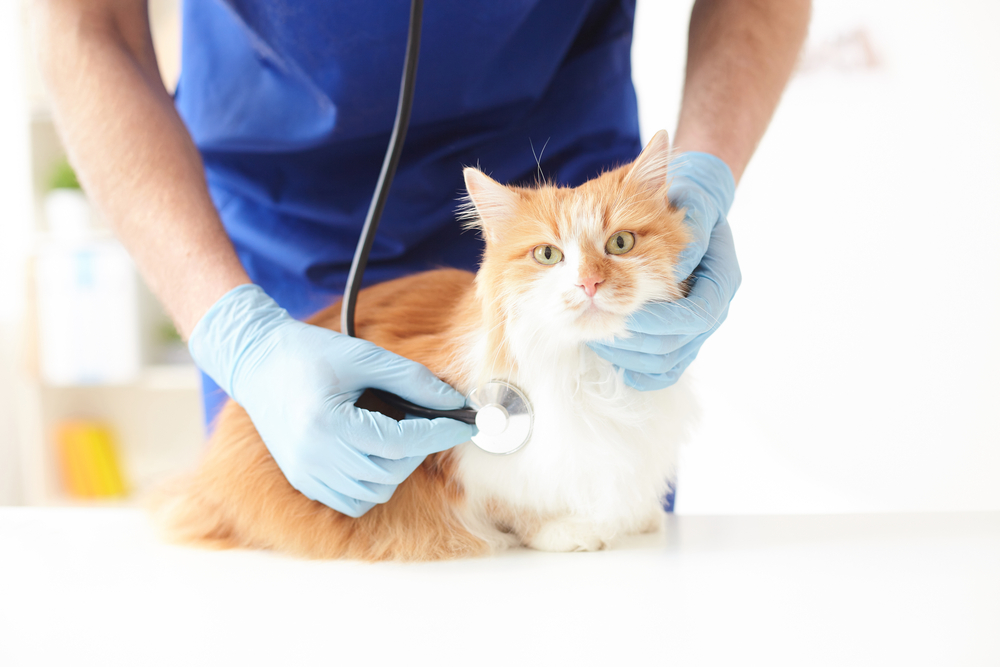
Fairfax Veterinary Clinic remains open to handle your pet’s health care needs. The health of our patients, clients, and staff is of utmost importance, and we have several policies in place to prevent the spread of COVID-19 while we continue to provide essential health care for pets. Visit our website for a complete explanation of our updated policies and procedures, and to know what to expect when you come to our hospital.
We are here to help you keep your furry friend safe and healthy, especially in uncertain times. If you have questions about your pet and COVID-19, or other health concerns, give us a call.




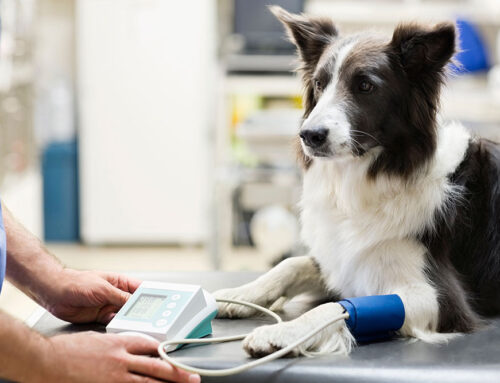
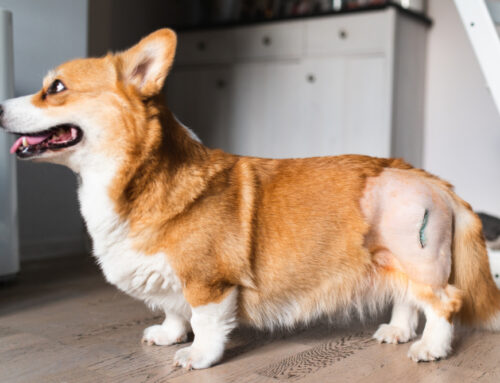
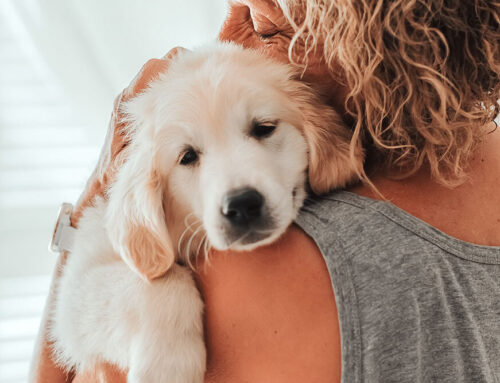
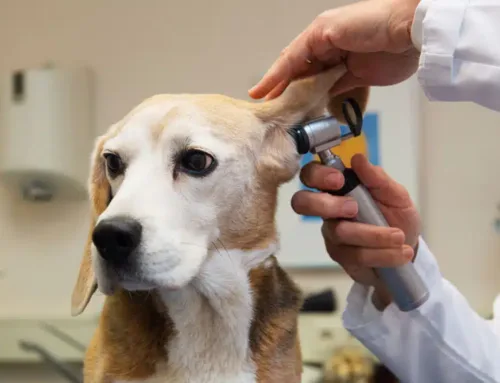
Leave A Comment